Rev’s Transcript Library
Explore our extensive collection of free transcripts from political figures and public events. Journalists, students, researchers, and the general public can explore transcripts of speeches, debates, congressional hearings, press conferences, interviews, podcasts, and more.
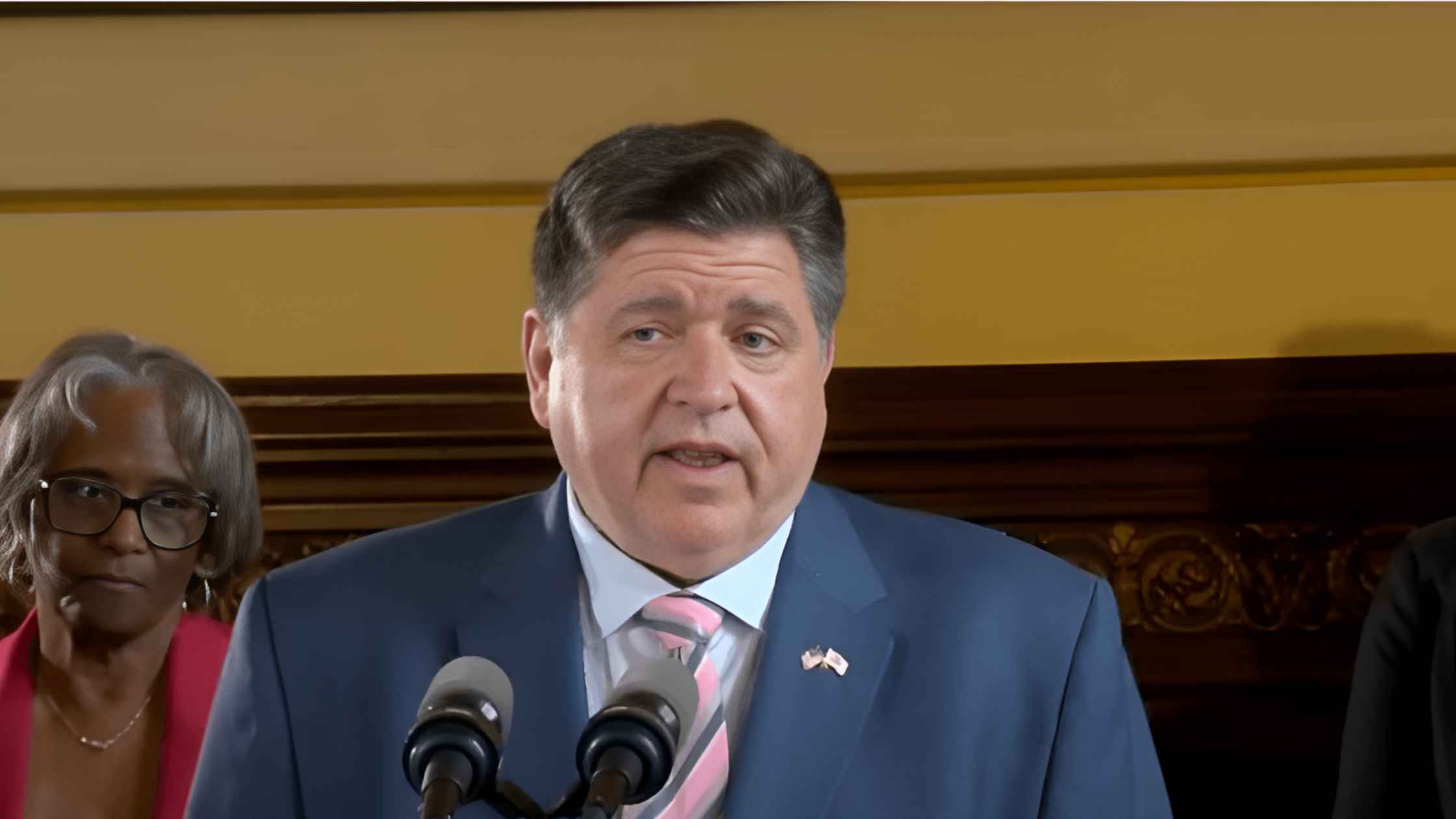
Sonya Massey Police Reform Bill
Illinois Governor JB Pritzker signs the Sonya Massey police reform bill into law. Read the transcript here.
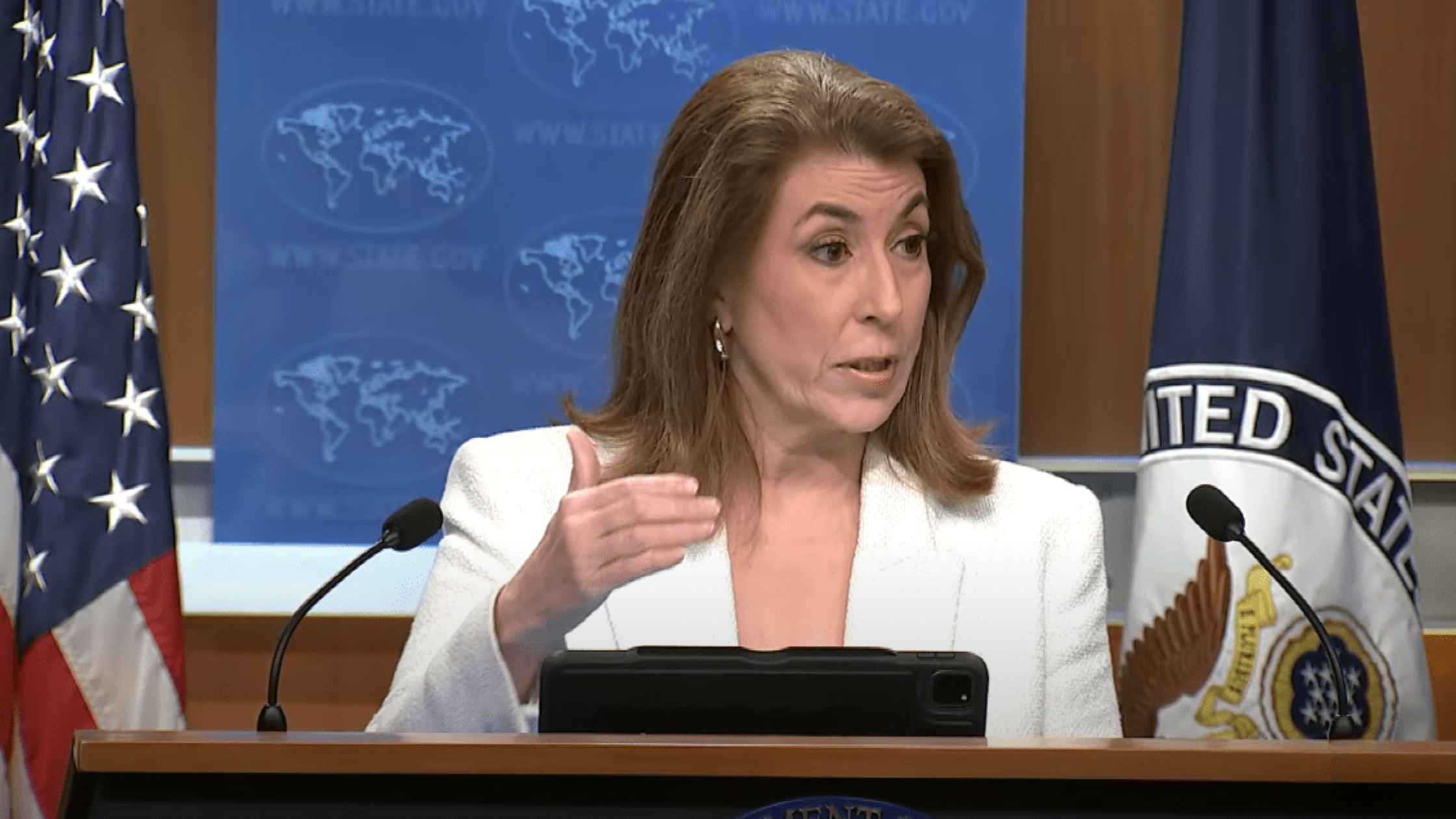
State Department Press Briefing for 8/12/25
Tammy Bruce leads the State Department briefing for 8/12/25. Read the transcript here.
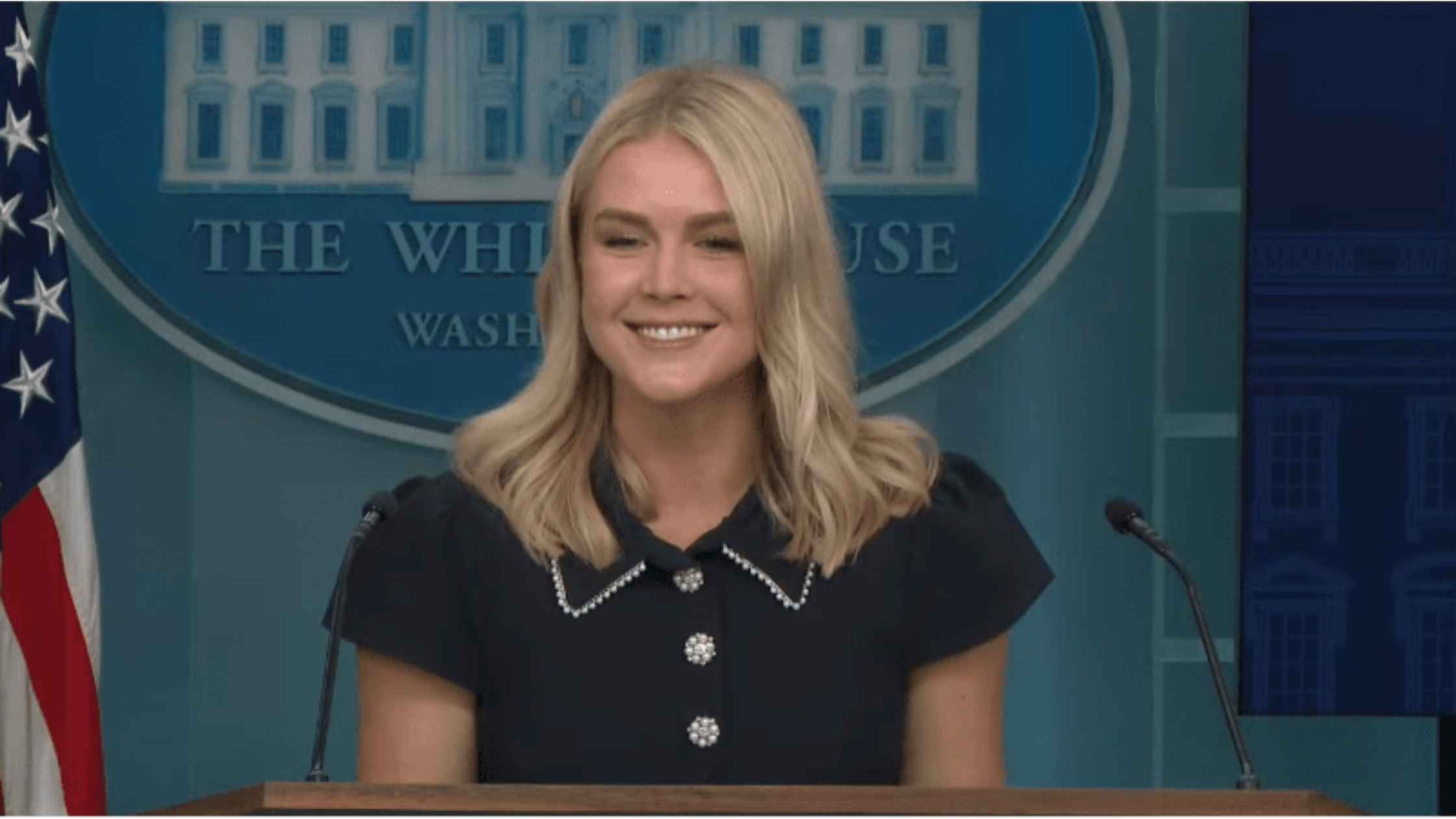
Karoline Leavitt White House Press Briefing on 8/12/25
Karoline Leavitt holds the White House Press Briefing for 8/12/25. Read the transcript here.
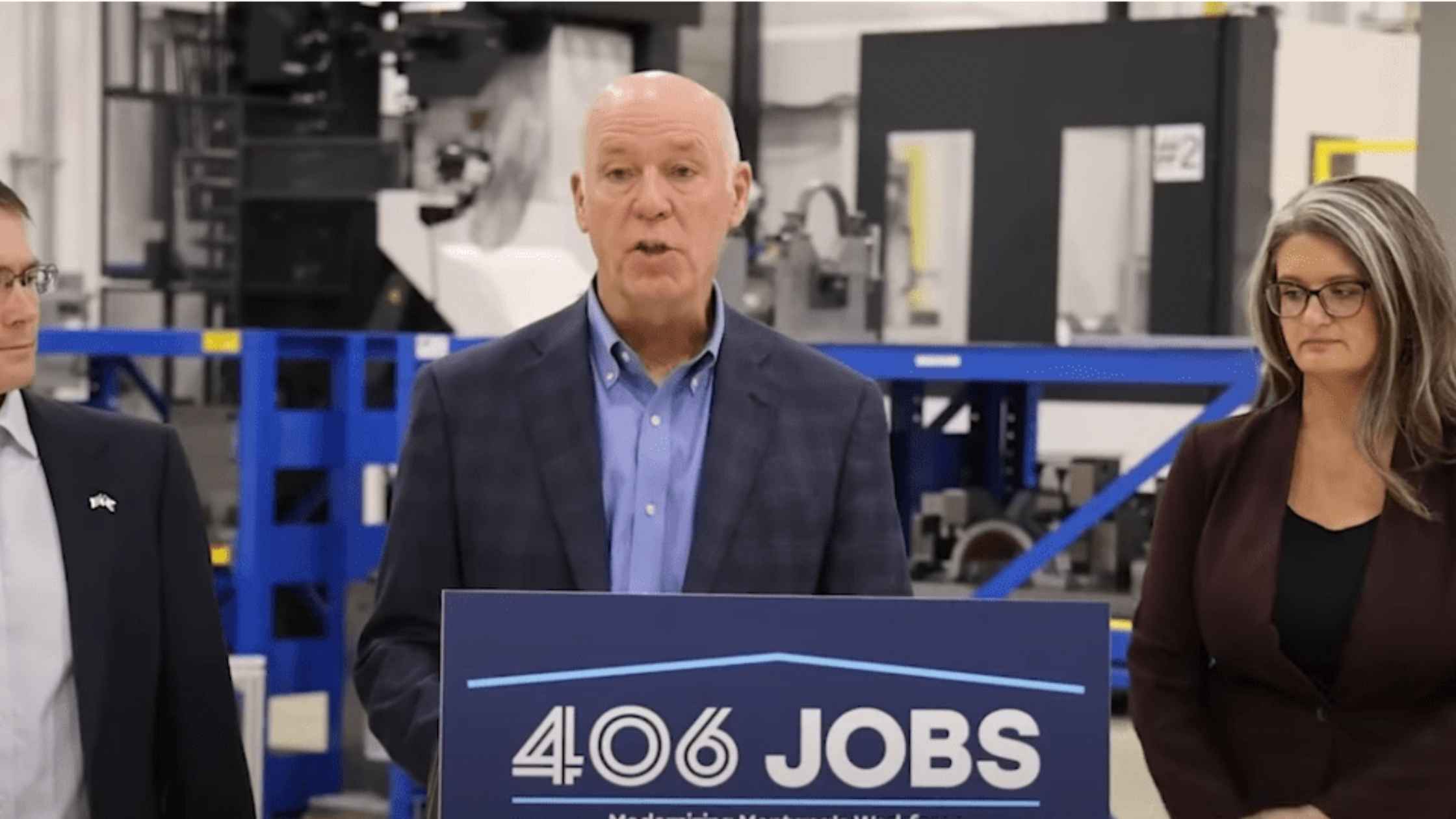
Montana Governor Expanding Workforce
Montana Governor Greg Gianforte announces a new initiative to expand Montana's workforce. Read the transcript here.
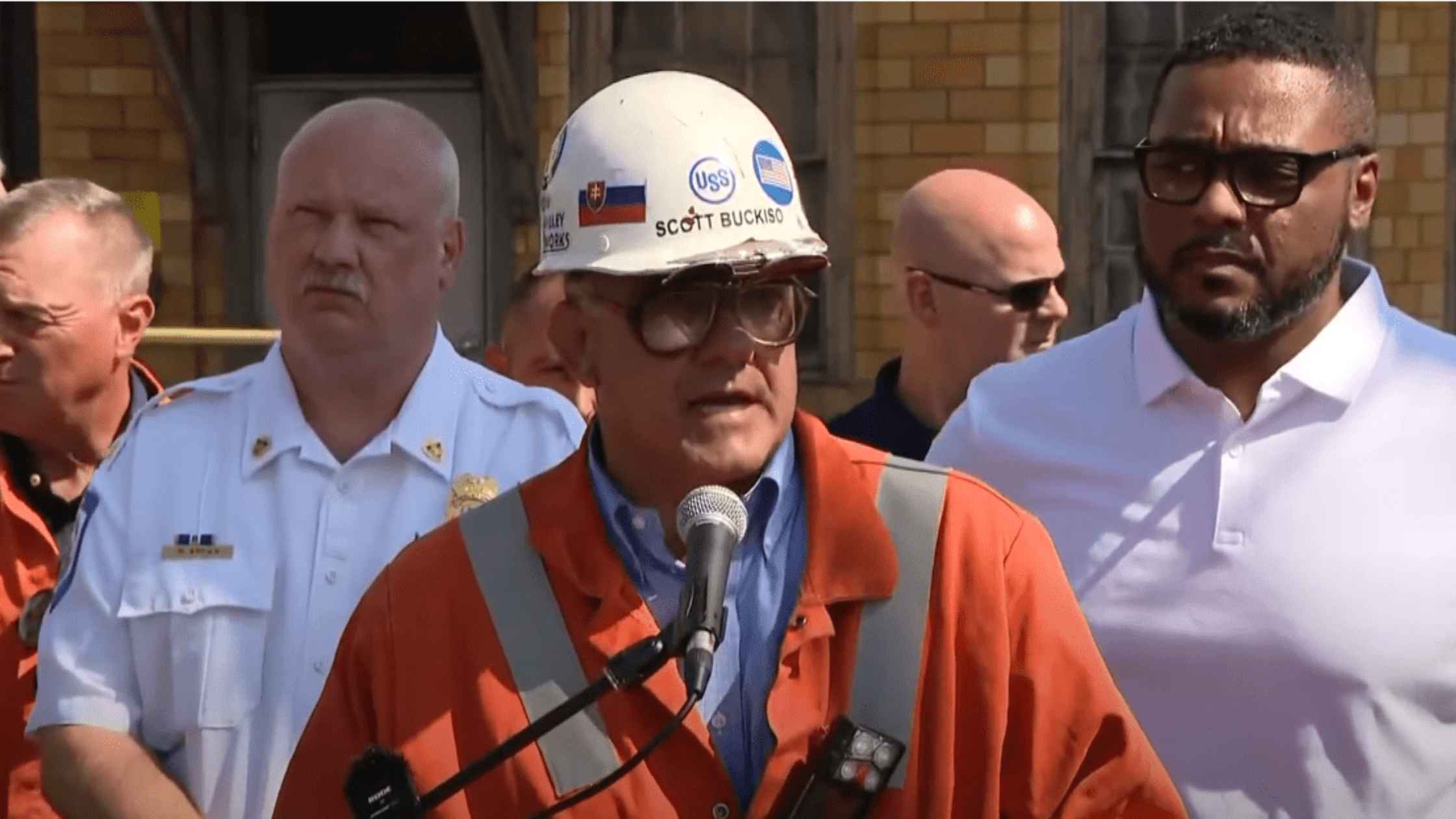
Steel Plant Press Conference
Officials hold a press briefing after an explosion left dead and injured or trapped under the rubble at a U.S. Steel plant in Pennsylvania. Read the transcript here.
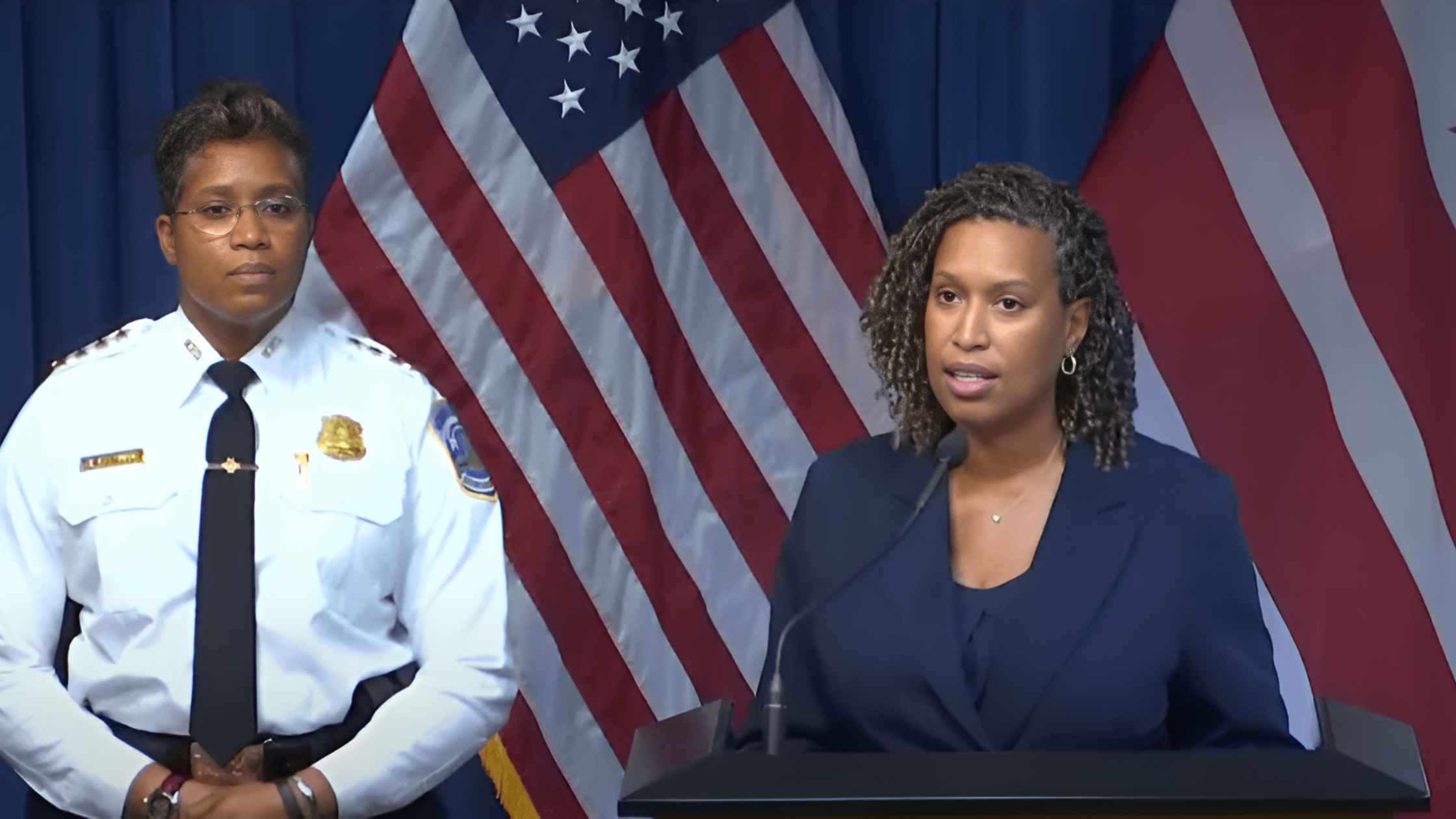
D.C. Mayor Press Conference on Police Federal Takeover
D.C. Mayor Muriel Bowser holds a press conference after Donald Trump takes control of the D.C. police. Read the transcript here.
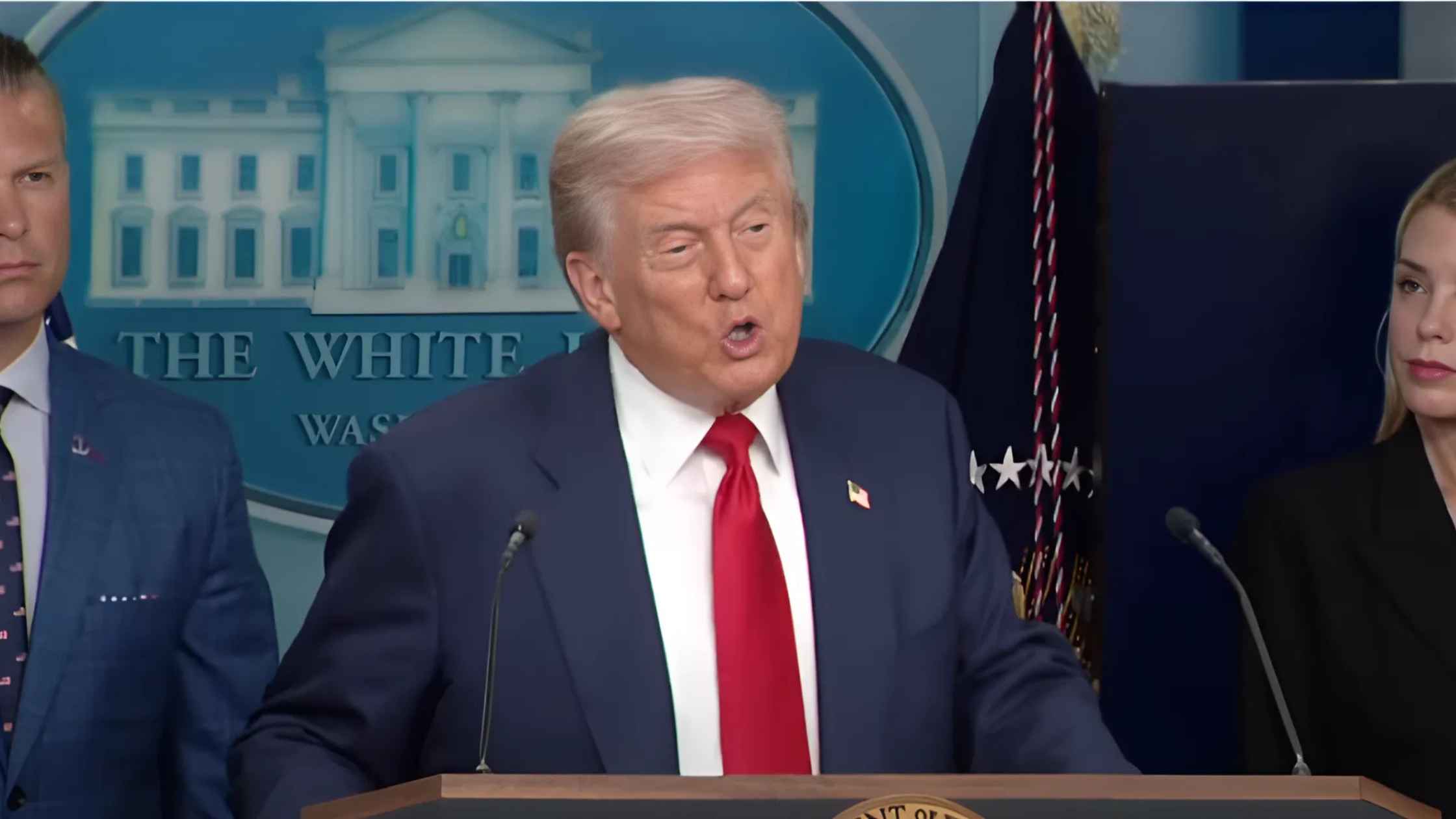
Trump Details Crime Crackdown For D.C.
Donald Trump holds a White House press briefing to detail a federal crackdown on crime in Washington, D.C. Read the transcript here.
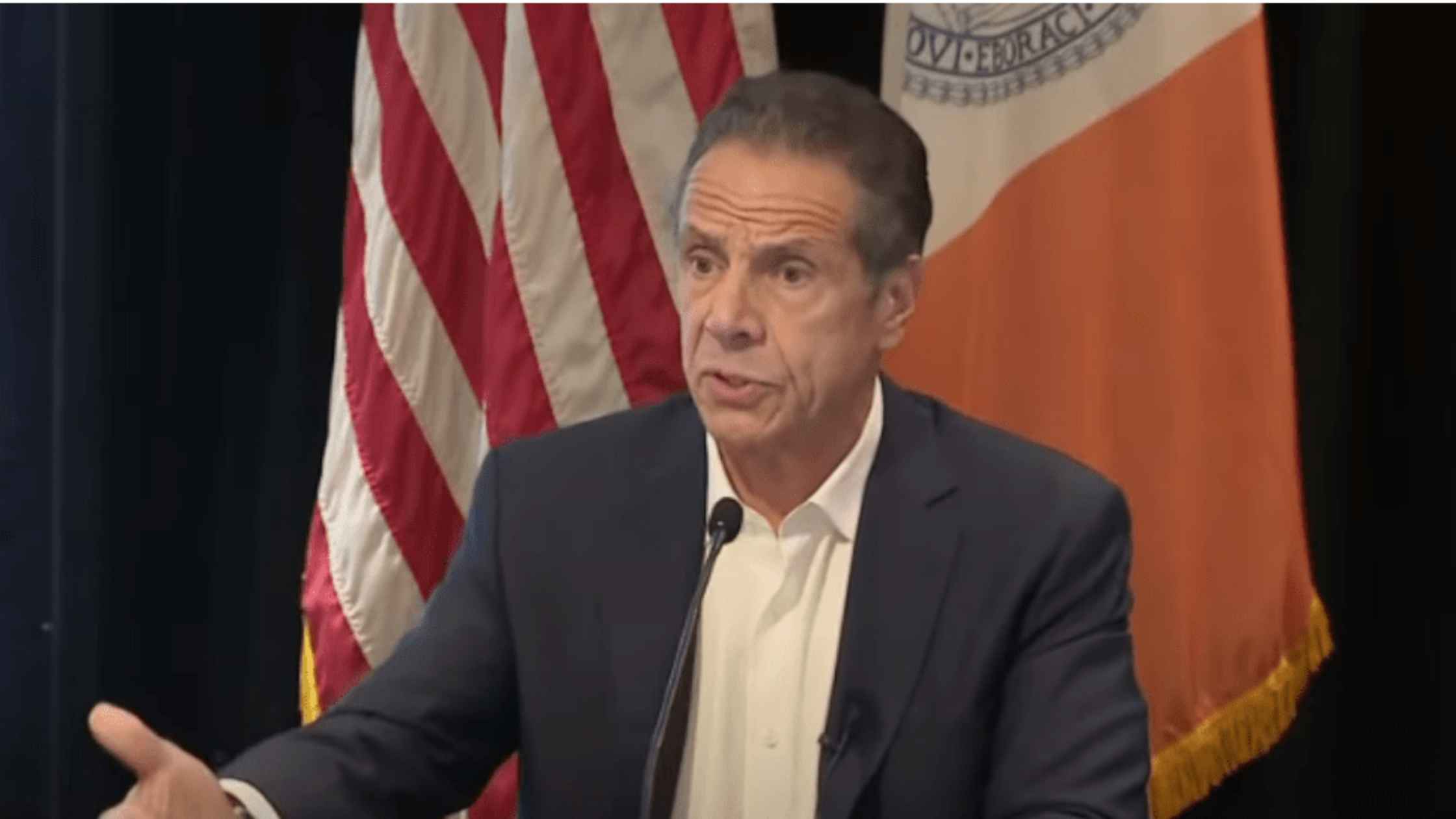
Cuomo Mayoral Press Conference
NYC Mayoral candidate Andrew Cuomo holds a press conference. Read the transcript here.

Trump Hosts World Leaders At The White House
Donald Trump hosts the Prime Minister of Armenia Nikol Pashinyan and the President of Azerbaijan Ilham Aliyev at the White House. Read the transcript here.
Subscribe to The Rev Blog
Sign up to get Rev content delivered straight to your inbox.

.webp)